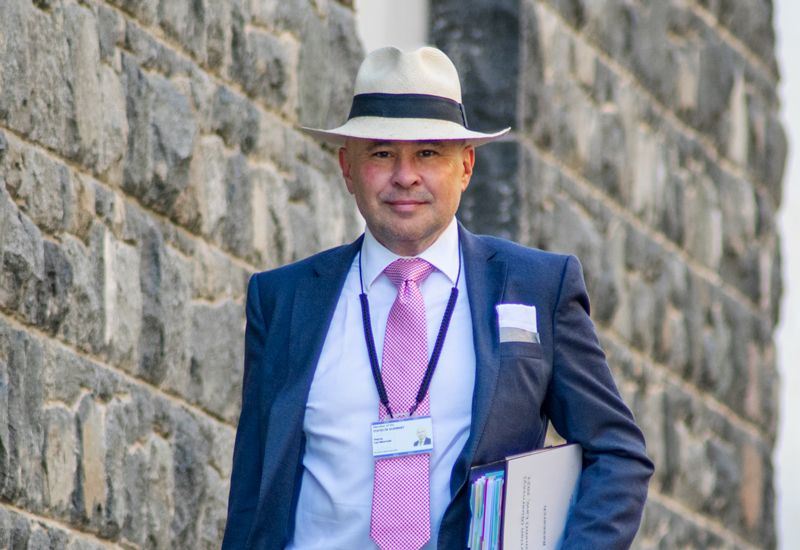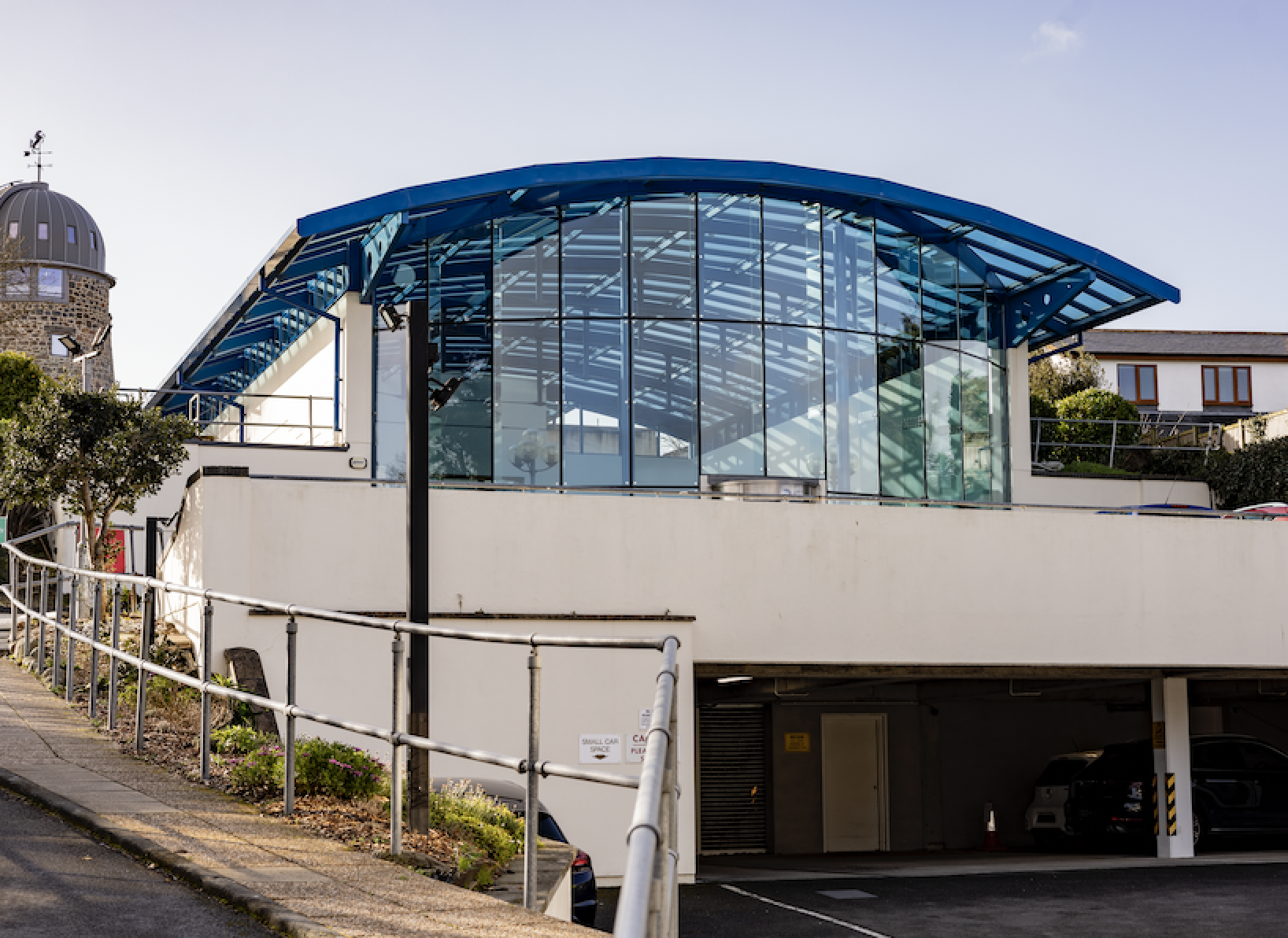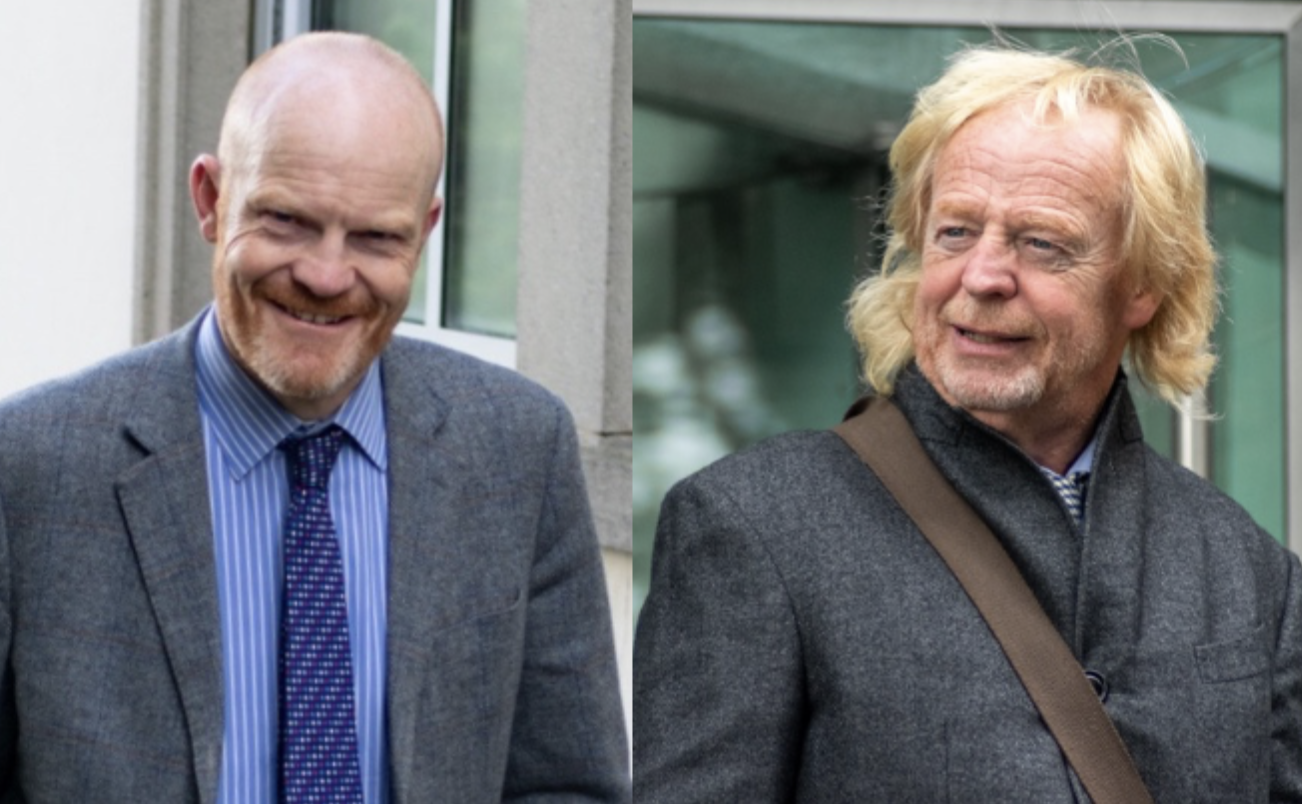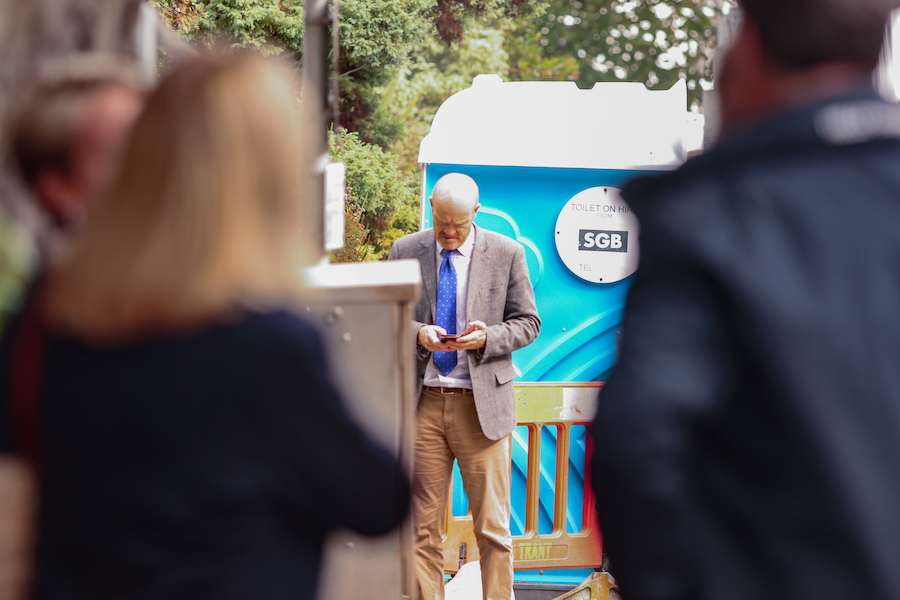


The backlash against Deputy Gavin St Pier naming a doctor during a States debate has led to some of his colleagues calling for curbs to their own parliamentary privilege.
Yesterday saw the start of a fiery debate on the decision of an abuse of privileges panel which cleared Deputy St Pier after complaints over his naming of Dr Sandie Bohin during a previous States meeting.
Deputy St Pier had been trying to convince States members to debate an annual report on the regulation and revalidation of doctors. He used a personal experience of failed care, for which his family lodged a complaint against the MSG, to make his case.
By using his platform as a politician to make this speech he was protected by Parliamentary Privilege and could name Dr Bohin - she was the named doctor for safeguarding for the Bailiwick at the time - without any fear of recourse.

Pictured: Dr Sandie Bohin is employed as a paediatrician through the MSG.
However, Deputy St Pier's naming of Dr Bohin sparked a complaint signed by more than 80 health professionals, with three code of conduct complaints lodged and an Abuse of Privilege Panel convened to consider if he had overstepped the mark.
That panel decided by a 3-2 majority that he had not. The code of conduct complaints are said to be going through an appeals process currently with no formal confirmation of the initial decision.
Parliamentary privilege is a recognised legal immunity afforded to politicians in some countries including the UK, Canada and Australia.
For most countries which adopt parliamentary privilege, legislators are granted protection against civil or criminal liability for any actions done or statements made in the course of their legislative duties (Wikipedia).
Such privilege is common in countries which have based their own constitution on the 'Westminster system' - itself a model of government first developed in England.
While Guernsey's system of government has its history in French legislature, the States Assembly and Constitution Committee has frequently referred to the UK's parliamentary privilege and the immunity given to States members.
Yesterday saw the opening of the debate on the decision to clear Deputy St Pier of abusing the parliamentary privilege afforded to States members.
Deputy Bob Murray was one of the first to decry the decision to clear him, saying that the privilege conferred upon States members "goes far, far beyond what I would have believed possible".

Pictured: Deputies Gavin St Pier and Bob Murray.
Having expressed his shock at the level of immunity he and other deputies are afforded, Deputy Murray called for Guernsey's parliamentary privilege to be examined and potentially curbed.
"I wish to put on record that permitting such absolute privilege is in my opinion, unsafe and I strongly urge SACC to give it further consideration," he said.
Deputy Murray went on to express how he is greatly concerned that the States have "let the genie out of the bottle" by clearing Deputy St Pier of abusing his parliamentary privilege
"Members of the panel have ignored the implications upon both the personal harm caused to the doctor in question, and of even greater significance, the impact upon our national interest by damaging public and professional competence in the medical profession, insofar as safeguarding is concerned.
"So I say again, this outcome is unsafe. Even the utmost significance of this test case to set future precedent on the interpretation and use of absolute privilege. I strongly suggest that in my opinion, this outcome be considered a candidate for a further review."
Deputy Carl Meerveld - as President of the States Assembly and Constitution Committee - shared that view and called for a restriction in terms of the parliamentary privilege afforded to States members because he doesn't think it is right that Deputies can effectively say anything, so long as they believe it to be in the public interest.
"...we have to say, how are the public going to view that? How are the professionals out there, how are medical professionals, going to view that? That you can just say basically whatever you like, potentially lying to do deliberate harm and get away with it on the basis that I think, I think personally, the person saying it, thinks it's in the public interest?"

Pictured: Deputy Gavin St Pier prior to the debate on his parliamentary privilege beginning.
"I will say now as an individual deputy, I don't think that's acceptable in Guernsey. And I would, unfortunately, have to then draw the conclusion that we have to look at the powers of privilege and see whether they should be constrained because if we can't police it, if we can't control it, then we have to restrict it."
That view has been echoed today by some politicians including Deputy David Mahoney who said: "I'll give up some of my privileges to stop this from happening again."
Others - including Health and Social Care Vice President Deputy Tina Bury and Deputy Lester Queripel have defended the right to parliamentary privilege, and Deputy St Pier in the process, by saying the right of politicians to speak openly must be protected.
Deputy Charles Parkinson raised concerns over the scope of the panel convened to consider whether Deputy St Pier had abused his parliamentary privilege by suggesting they had looked at the wrong aspects of this debate.
"I think it's arguable that Deputy St Pier's words did amount to an allegation or accusation against the good doctor but he chose his words quite carefully and spoke in more general terms and he would no doubt argue that he wasn't levelling a specific accusation against her. I think that issue is arguable and should indeed have been argued and resolved."

Pictured: During the debate on parliamentary privilege, Deputy Andy Taylor quoted from Spiderman: "With great power comes great responsibility."
Deputy Parkinson went on to express his concerns over the way the term 'abuse' is seen.
"The most relevant precedent I could find said that basically, if a member makes an allegation against the member of the public outside the assembly, then he must have some evidence to support the allegation. And that evidence, while not amounting necessarily to evidence that would convince a court of law must be more than mere gossip or rumour.
"The conclusion that I reached in the first panel and I think I speak here for my colleagues, was that there was a case to answer the two questions which in my view needed to be addressed were firstly, did what Deputy St Pier said amount to an accusation or allegation against someone outside the assembly, and secondly, if so did he have evidence to support the accusation?
"What concerns me from what I've read and what I've been hearing over the last day or so, is that those questions don't seem to have been addressed or given particular weight."
The debate continues...
READ MORE...
Further criticism aimed at Deputy St Pier
Medics slam investigation into Deputy St Pier and question process
Three Code of Conduct complaints lodged against Deputy St Pier
Bailiff intervenes after confidentiality of St Pier complaint process
Many safeguarding recommendations "completed", final few "ongoing"
Comments
Comments on this story express the views of the commentator only, not Bailiwick Publishing. We are unable to guarantee the accuracy of any of those comments.